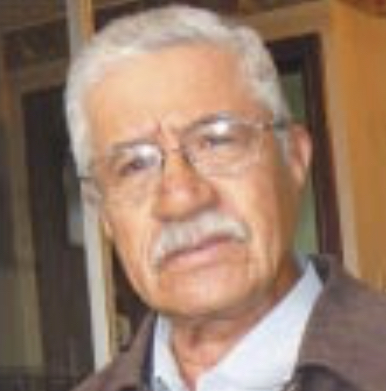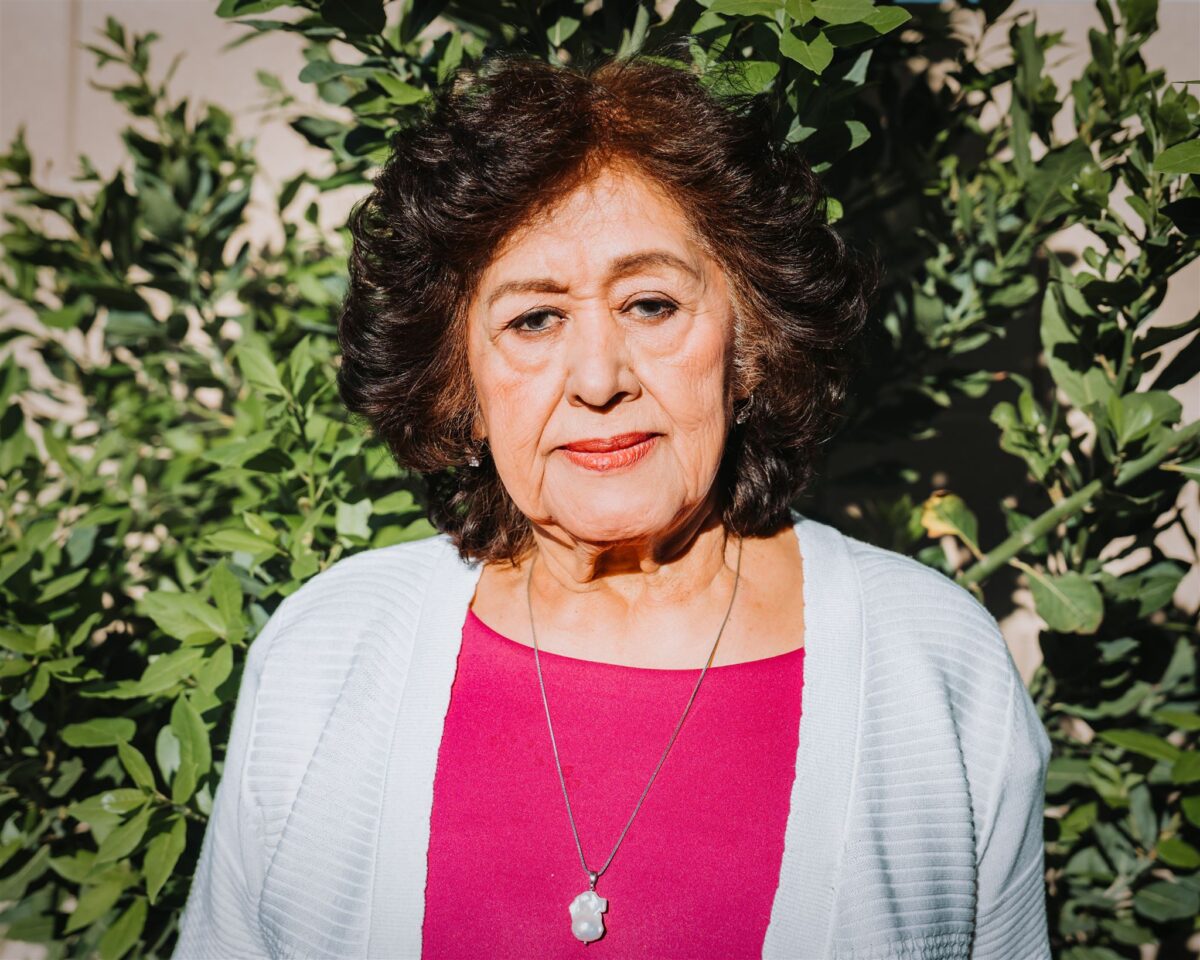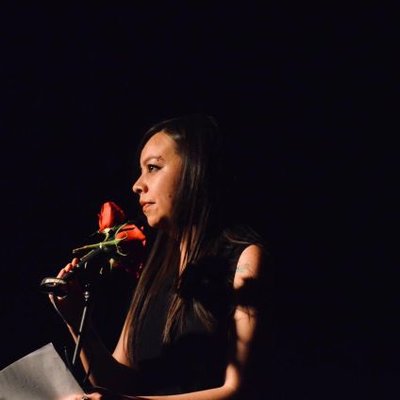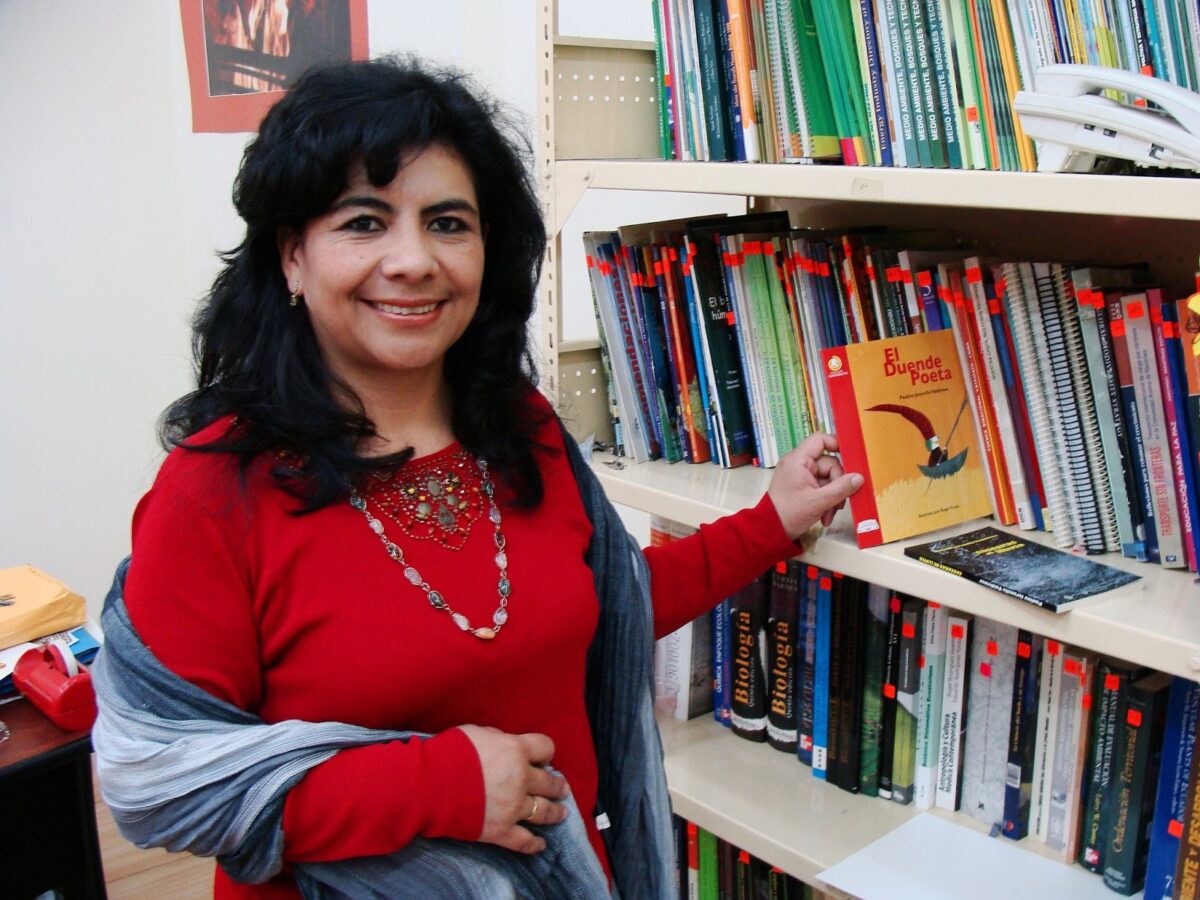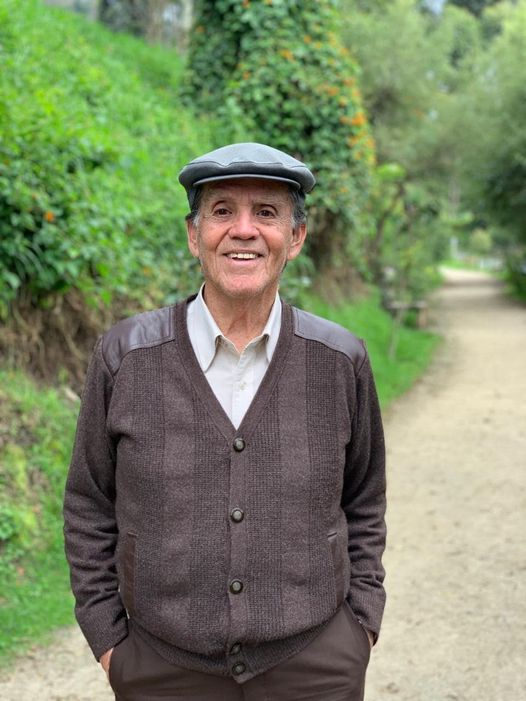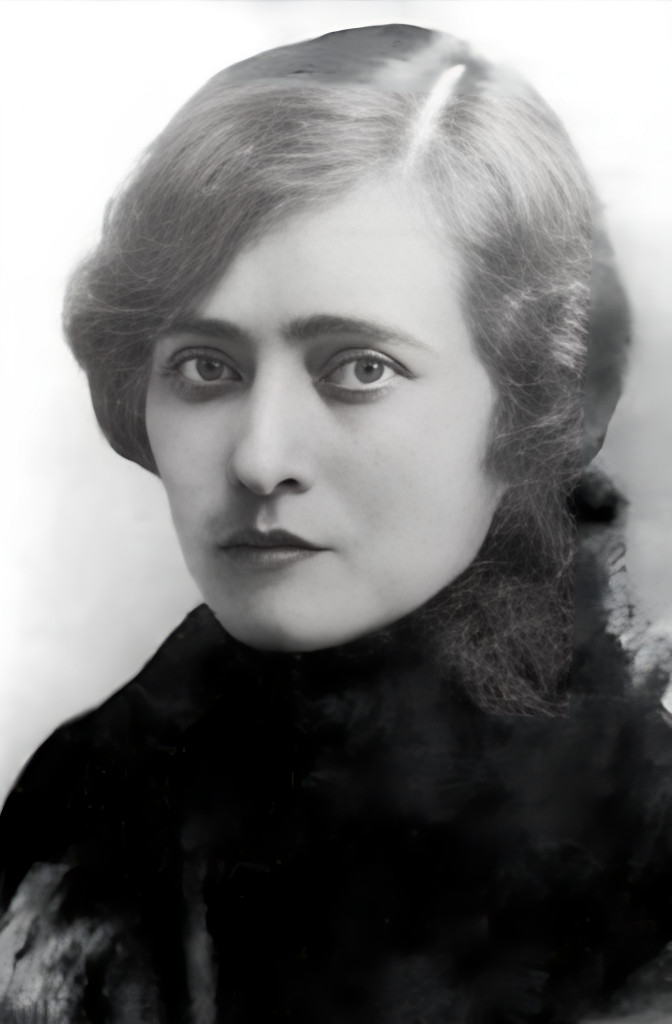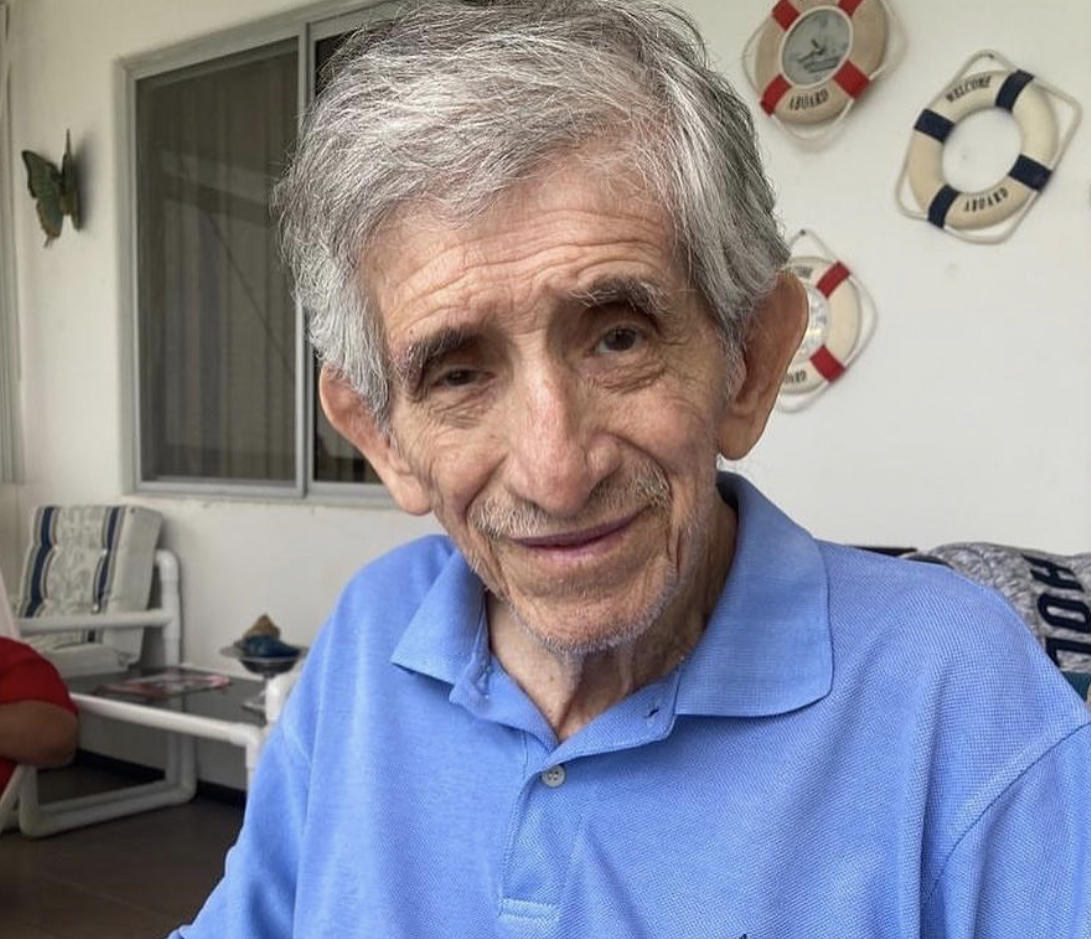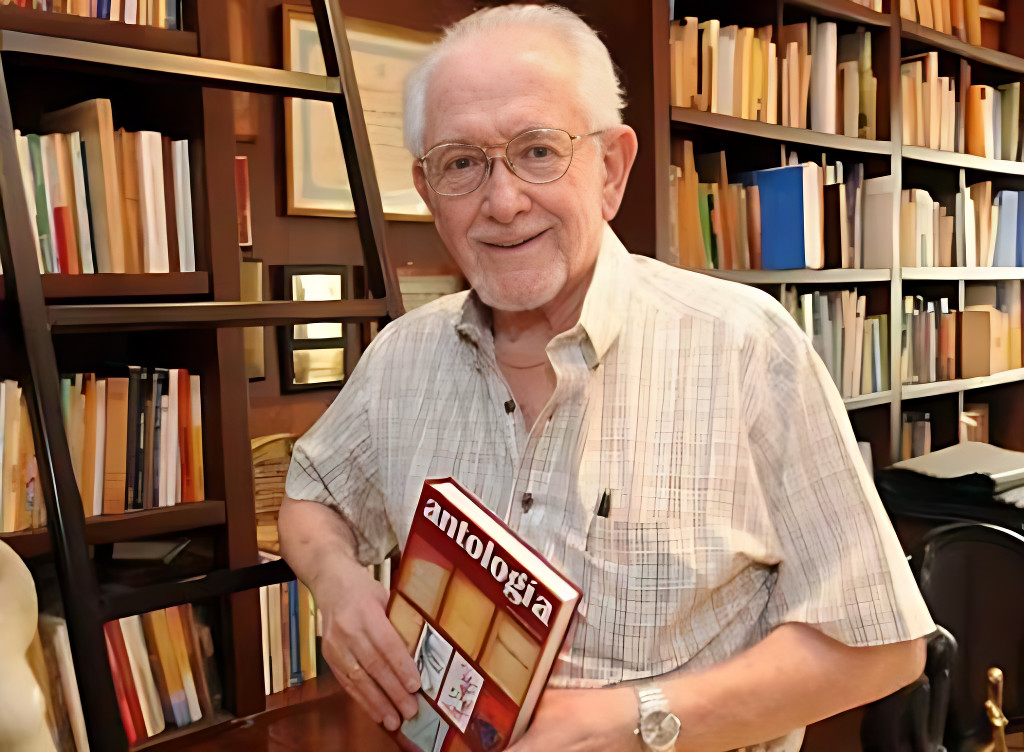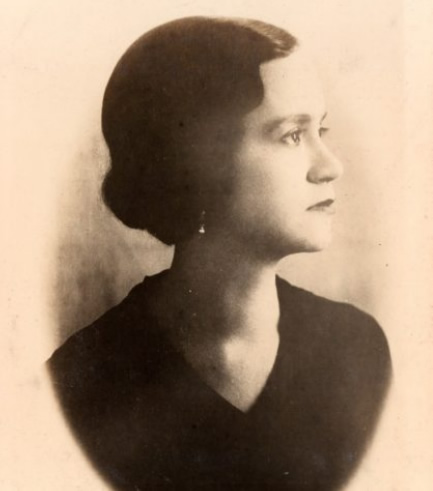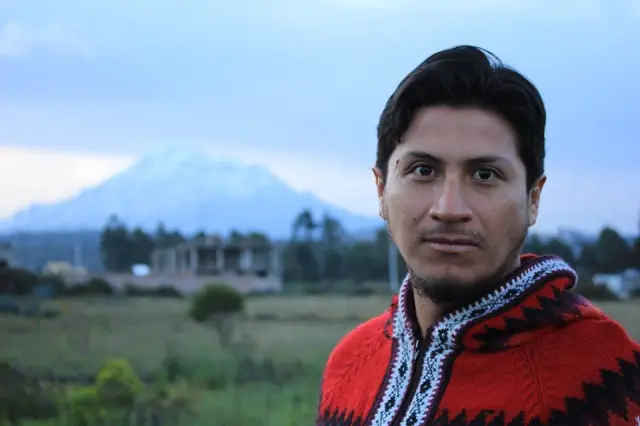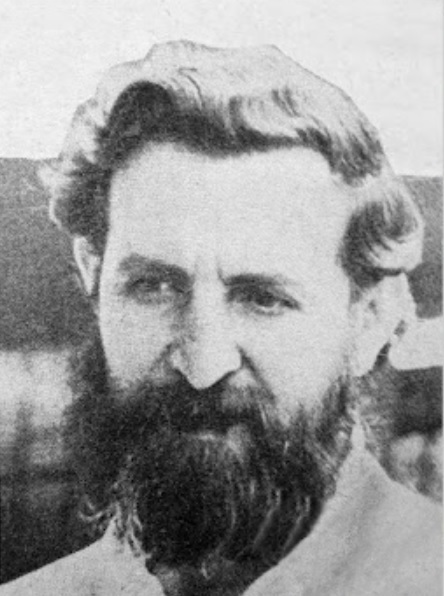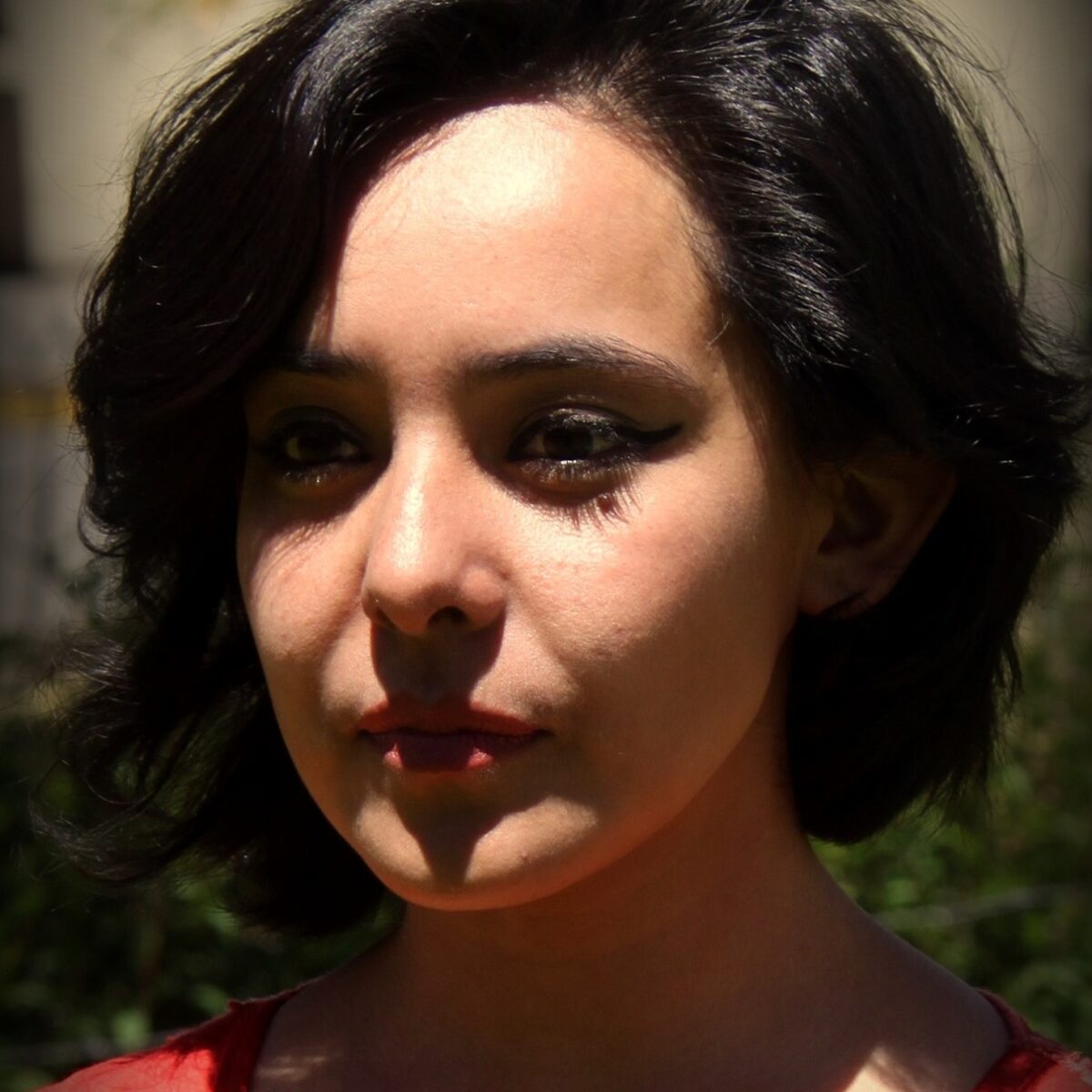Alfredo Vivar (Cuenca, 1932 – unknown) was an Ecuadorian poet, painter, and civil engineer. He is perhaps best known for his poetry books, “Variaciones, natura, amor, soledad” (1978), “Sonsinfin Opus” (1984), and “Sonsinfin Opus 2” (1986). In 2012, the University of Cuenca published two poetry books from his cyclical series Sonsinfin: “Suele llama sola mi corazón” and “El mar azul… ¿Dónde es azul?” Eliecer Cárdenas, in the foreword of these volumes, emphasized the distinctiveness of Vivar’s poetry, characterized by its non-sequential nature and instantaneity. Jorge Dávila Vázquez once referred to Alfredo Vivar as “a lyricist who has not yet received the recognition he deserves.” Notably, Vivar’s poetry was also included in the anthology “Siete poetas,” which was published by the House of Ecuadorian Culture in 1990.
Continue reading “Alfredo Vivar”Category: Poets
Nancy Carlín Iglesias
Nancy Carlín Iglesias de Lujano (Esmeraldas, March 31, 1937) is an Ecuadorian poet. She called both Esmeraldas and Guayaquil home at different stages of her life. In 1960, she achieved recognition with the publication of a notable collection of poems titled “Este paisaje llamado día” [This Landscape Called Day], released by the Publications Department of the University of Guayaquil. Her exceptional talent as a poet led to the inclusion of her work in prominent anthologies such as “Espirales Poéticas,” “Presencia de la mujer ecuatoriana en la poesía,” “Cuaderno de Poesia,” and “Lirica Hispana” (Venezuela). During the late 1950s, Nancy contributed to newspapers or magazines such as La Hora, Nuevo Diario La Hora, La Nación (Diario Matutino), and Cronica Universitaria. Following her marriage in 1965, Nancy took a hiatus from publishing poetry, but her love for the art form remains undiminished. She continues to write poems for personal enjoyment, as well as for her family and on special occasions. She currently resides in Las Vegas, Nevada where she now goes by her married name, Nancy Lujano.
Continue reading “Nancy Carlín Iglesias”Issa Aguilar Jara
Issa Aguilar Jara (Cuenca, 1988) is an Ecuadorian poet and journalist. She has authored 3 critically-acclaimed poetry collections. Her debut poetry book, “Con M de mote se escribe Mojigata” (2018), fearlessly challenges the conservative aspects of her hometown with intimate and satirical verses, and delves into intimate themes, including her relationship with her father. Her second collection, “Poliamor town” (2020), delves into themes of love, diverse relationships, and the complexities of human connections. In 2022, her latest book, “Dos tragos de sinestesia o El diablo verde,” won the prestigious César Dávila Andrade National Poetry Prize, further solidifying her reputation as a notable voice in contemporary Ecuadorian poetry. Aguilar’s work has resonated with readers, particularly the younger generation, making her books popular in Cuenca.
Continue reading “Issa Aguilar Jara”Paulina Jaramillo Valdivieso
Paulina Jaramillo Valdivieso (Loja, 1963) is an Ecuadorian poet, writer, and children’s literature author. She has authored six books, including “Mitos que madrugan al sol” and “Estatura de tiempo y convergencia,” which reflect both her personal experiences and Andean heritage. Her father, the poet Alfredo Jaramillo Andrade, was a significant influence in her life. Her work in literature has earned her several accolades, including recognition as a distinguished woman in literature from the Ecuadorian Committee for Cooperation with the Inter-American Commission of Women in 2009. Additionally, she has served as the coordinator of the Alfredo Mora Reyes Cultural Center for the past 15 years and hosts a cultural radio program called “Escenario.”
Continue reading “Paulina Jaramillo Valdivieso”Alfredo Jaramillo Andrade
Alfredo Jaramillo Andrade (May 19, 1934) is an Ecuadorian poet, writer, playwright, and teacher. He has published several books, including “Los hijos de la luz,” “Canciones para la ciudad,” “Mujeres, sueños y muerte,” and “El sombrero del tiempo,” exploring themes of love, death, and nature. Jaramillo Andrade has been a member of various organizations, including the Literature Section of the House of Ecuadorian Culture in Loja, where he held the position of President from 1977 to 1986. He oversaw the direction of several of its magazines. He also founded “El Agro,” a newspaper of the School of Agricultural Sciences at the National University of Loja. He has received numerous awards, including the Loja National Poetry Prize in 1956 and the National Culture Award in 2004.
Continue reading “Alfredo Jaramillo Andrade”Victoria Vásconez Cuvi
Victoria Vásconez Cuvi (Latacunga, September 7, 1891 – Quito, May 29, 1939) was an Ecuadorian writer and feminist. She was part of a literary circle that included Zoila Ugarte de Landívar and Morayma Ofyr Carvajal. Vásconez Cuvi was an influential figure in her time, having served as a member of various organizations such as the Bolivarian Society and the International Commission of the Second Pan American Congress. Her works include “Ensayos Literarios,” “Problemas Educativos,” “Vida de Mariana de Jesús,” and “Actividades Sociales y Domésticas de la Mujer.” A school in Latacunga, Unidad Educativa Victoria Vasconez Cuvi, bears her name.
Continue reading “Victoria Vásconez Cuvi”Raúl Rojas Hidalgo
Raúl Rojas Hidalgo (born 1944) is an Ecuadorian poet and novelist. His collection of poetry, “Como el agua” [Like Water], was published by the House of Ecuadorian Culture in 1988. In 1990, his novel “Una buena razón para matar” [A Good Reason To Kill] was featured in the First Ecuadorian Novel Biennial. In 2004, Rojas published another collection of poetry called “Salmos de amor a las seis de la tarde” [Love Psalms at Six in the Evening].
Continue reading “Raúl Rojas Hidalgo”Tamara Mejía Molina
Tamara Mejía Molina (Guayaquil, 1987) is an Ecuadorian poet and art critic. She is the author of several books, including “Esto soy yo, Marakaramazov,” “Historia esculpida de Manuel Velastegui,” and “Últimos días de una herida,” and has written more than 20 art criticism articles for cultural newspapers. Molina’s work as a poet has brought her international recognition, and she has been invited to participate in various poetry festivals in Ecuador and abroad. In 2022, her poetry book “Últimos días de una herida,” was awarded the Ileana Espinel Cedeño Poetry Festival Award.
Continue reading “Tamara Mejía Molina”Luis Delgadillo
Luis Delgadillo Avilés (Guayaquil, 1942 – September 13, 2022) was an Ecuadorian poet and journalist. He was part of a group of poets dubbed, “Generación Huracanada” [Hurricane Generation]. In 1971, he won the third national poetry prize. His poetry books include: “El rayo que ilumina” (1971), “Poemas de la marcha” (1977), and “Carta para un hijo y otros poemas” (1997). His non-fiction books include: “Leonardo Escobar Bravo, El ministro de los campesinos” (2006) and “La pepa de oro y el montubio” (2007), which focused on themes of the peasant class. He was a member of the literary section of the House of Ecuadorian Culture in Guayas.
Continue reading “Luis Delgadillo”Francisco Pérez Febres-Cordero
Francisco Pérez Febres-Cordero (Guayaquil, July 18, 1934 – Ibidem, August 31, 2010) was an Ecuadorian poet and journalist whose distinguished career at El Universo newspaper lasted four decades (1958-1998). Among his many accomplishments at El Universo was the creation of the Ismael Pérez Pazmiño Poetry Contest in 1959, which is regarded as one of the most prestigious poetry awards in Ecuador. He authored several poetry books, beginning with “Polvo de estrellas” [Star Dust] in 1951. His “Obras completas” [Complete Works] was published posthumously in 2020. From 1992 to 1998 he was Vice-director and Chairman of the Board of El Universo. In 1998, the year he retired from El Universo, he and one of his sons launched a bookstore named El Librero inside the Ríocentro Ceibos Mall, which, in 2008, they sold to the Librimundi group. In 2012, a bust of him was erected on “Avenida del Periodista” (Avenue of the Journalist) in Guayaquil.
Continue reading “Francisco Pérez Febres-Cordero”Matilde Hidalgo de Prócel
Matilde Hidalgo de Prócel (Loja, September 29, 1889 – Guayaquil, February 20, 1974) was an Ecuadorian physician, poet, and activist who was a pioneer for women’s rights in Ecuador and Latin America, becoming the first woman to vote in the country and the continent in 1924. As a doctor, she also became the first woman to earn a Doctorate in Medicine in Ecuador, using her platform to fight for women’s rights and improve healthcare for women and children. She was an active member of feminist organizations and expressed her views through poetry. Her legacy as one of the most important women in Ecuadorian history endures, inspiring future generations to fight for gender equality. Matilde Hidalgo was honored by Google on November 21, 2019, with a Google Doodle commemorating what would have been her 130th birthday.
Continue reading “Matilde Hidalgo de Prócel”Freddy Ayala Plazarte
Freddy Ayala Plazarte (Aláquez, Latacunga, Ecuador, 1983) is an Ecuadorian poet, essayist, and university professor. In 2015, his poetry book “Rebeliones al filo de una sinfonía” won the prestigious Jorge Carrera Andrade National Poetry Prize. His latest poetry book, “Un siglo en el vientre de las vasijas” (2021) was a finalist of the 2nd edition of the Vicente Huidobro International Poetry Award, Valparaíso. He has written several literary studies, including “Vientos paralelos: acotaciones sobre cultura y literatura latinoamericana” (2015) and two studies on poet Hugo Mayo. He was a member of the literary workshops at the House of Ecuadorian Culture during 2005-2007. He was a member of the literary group la.kbzuhela of Quito. He is a professor at the Central University of Ecuador.
Continue reading “Freddy Ayala Plazarte”Francisco Delcasty
Francisco Delcasty was a revolutionary Ecuadorian poet and member of the Communist Party of Ecuador. He authored his most famous poem a day after the National Army massacred over a thousand striking workers during the Guayaquil general strike of 1922, which starts with the line “El hambre va en desfile” [Hunger is marching]. In 1970, the House of Ecuadorian Culture published a collection of his poems entitled, “Alpha y omega: apoesía.” The renowned Guayaquilean poet Sergio Román Armendáriz dedicated a poem to him entitled, “Puerto Rico en el Llanto” in the book “Club 7” (1954). Román was friends with Delcasty during the 1950’s and said in an interview that he believed Delcasty was likely a Spaniard (born with the last name Castillo) who was considered Ecuadorian because of his close ties to Ecuador and its politics.
Continue reading “Francisco Delcasty”Rafael Larrea Insuasti
Rafael Larrea Insuasti (Quito, 1942 – Ibidem, April 22, 1995) was an Ecuadorian poet, journalist, political essayist, editor, songwriter, music composer, and social activist. He is known as a social and revolutionary poet who was a member of the Central Committee of the Marxist-Leninist Communist Party of Ecuador (PCMLE). For over 20 years, he was the editor-in-chief of the Party’s newspaper, En Marcha, and created the PCMLE’s first propaganda manual. In the 1960s, along with other young leftist poets, he founded the Tzántico group. His poetry books include “Levantapolvos” (1969), “Nuestra es la vida” (1978), “Campanas de bronce” (1983), “Bajo el sombrero del poeta” (1988), “Nosotros, la luna, los caballos” (1995), and “La casa de los siete patios” (1996, published posthumously). In addition to political activity, Larrea graduated as a journalist from the School of Information Sciences of the Central University of Ecuador and was a language teacher. His political, cultural, and literary writings were collected in a book entitled, “Escritos polticos” (2007), published by the PCMLE Commission for Art and Culture. He also penned a number of popular songs, such as “Capishca de la Libertad,” “La Negra Clara Inés,” and others. A public basic education school in Duran, Ecuador, bears his name.
Continue reading “Rafael Larrea Insuasti”Katerine Ortega
Katerine Ortega (Quito, 1986) is an Ecuadorian poet, short story writer, and audiovisual communicator. Her works include: “Somos fuego” (2012), (a compilation of poems by various poets), “Naranja entera” (micropoems), La promesa” (videopoems), and she also contributed to the books “Ciencia y simbólica andina ecuatorial” and “Loma Grande: Memoria Histórica y Cultural” (section on mythology). Her stories and poetry have appeared in literary magazines such as Sapo (Chile) and Matapalo (Ecuador), as well as the anthology “Amor y soledad” (Spain). She was part of the literary workshops of the Benjamín Carrión House of Ecuadorian Culture, the Ecuadorian Society of Writers, Kafka Escuela de Escritores, among others. In 2020, she released “Tarasca,” her first collection of short stories.
Continue reading “Katerine Ortega”